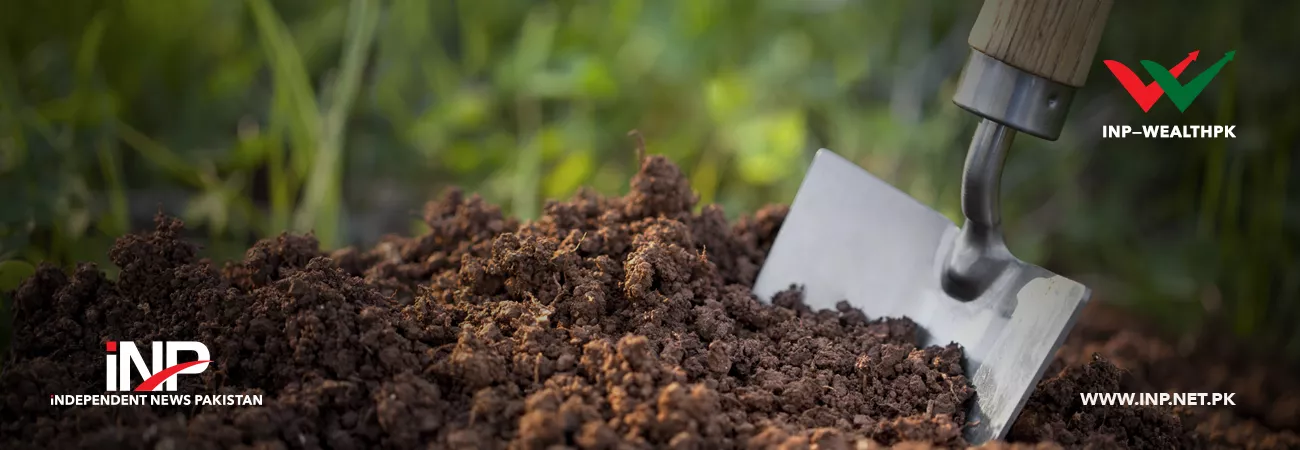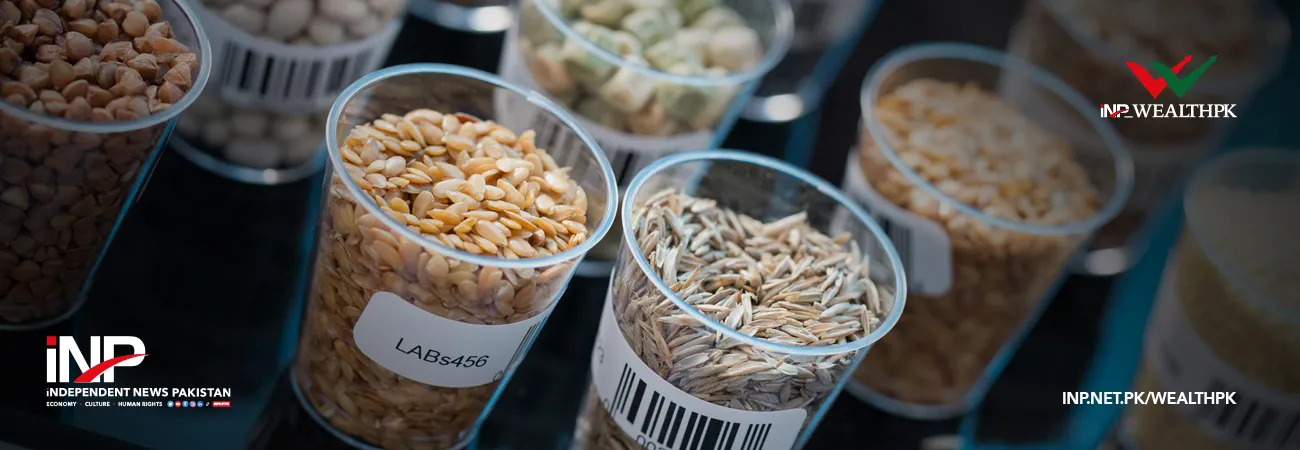INP-WealthPk
Determination of soil quality and type is important for knowing if farmers want to increase their crop yields. Agriculture experts have directed farmers to get their soil samples tested at local laboratories so that they can benefit from advances in science of farming.
Punjab Agriculture Department has issued a directive to all the farmers, explaining that if farmers get their soil samples tested, they will get important knowledge about salinity and crop access to Nitrogen and micro-nutrients, including Potash, Zinc and Boron. They will also be able to determine the presence of organic material, PH value of their soil and the content of gypsum underground.
After getting this information, farmers will be able to adjust the quantity of fertilizer that they apply to their crops. They will also be able to add or reduce micro-nutrients in their fertilizer-interventions. In this way, they will be able to increase their crop yields and produce more on less land, read the statement.
A compound sample of soil is better than individual samples. Farmers are advised to get samples from different parts of their land and then mix them up to get a compound sample. The statement also said that cotton farmers should dig from zero to 30 cm deep and collect five to twenty-five (25) samples, and then mix them up to get a compound sample. The compound sample, upon analysis, would give average fertility of the land.
It is important that the farmers prepare a detailed map of their fields. They should avoid collecting samples from places near roads, trees, heaps of fertilizers and houses, and water sources. Saline area samples should not be mixed with others and must be kept separately, the statement continued.
When soil analysis come to the farmers, they will then consult their agriculture departments for guidelines on how to proceed further. Agriculture department experts will help them in identifying the correct fertilizers to use and crops to grow.
Credit : Independent News Pakistan-WealthPk













